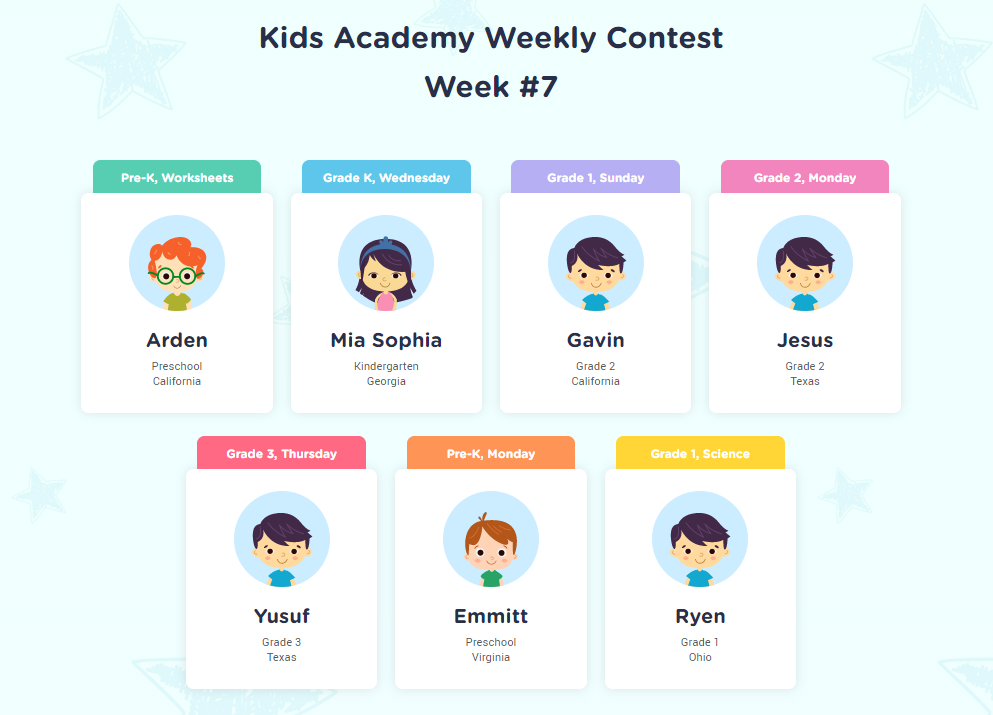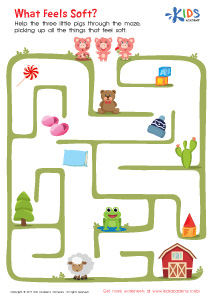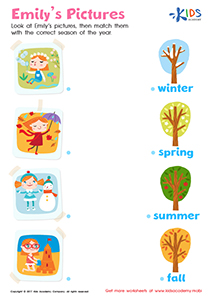Vocabulary expansion Extra Challenge Science Worksheets for Ages 3-7
3 filtered results
-
From - To
Unlock your child's potential with our "Vocabulary Expansion Extra Challenge Science Worksheets for Ages 3-7"! Tailored to young, curious minds, these worksheets seamlessly blend science and language development. Through fun and engaging activities, children will discover new words and concepts related to the natural world. Perfect for preschool to early elementary students, these worksheets enhance learning with age-appropriate challenges. Boost your child's language skills and scientific curiosity simultaneously and set a strong foundation for future academic success. Dive into a world of endless exploration and vocabulary enrichment today!
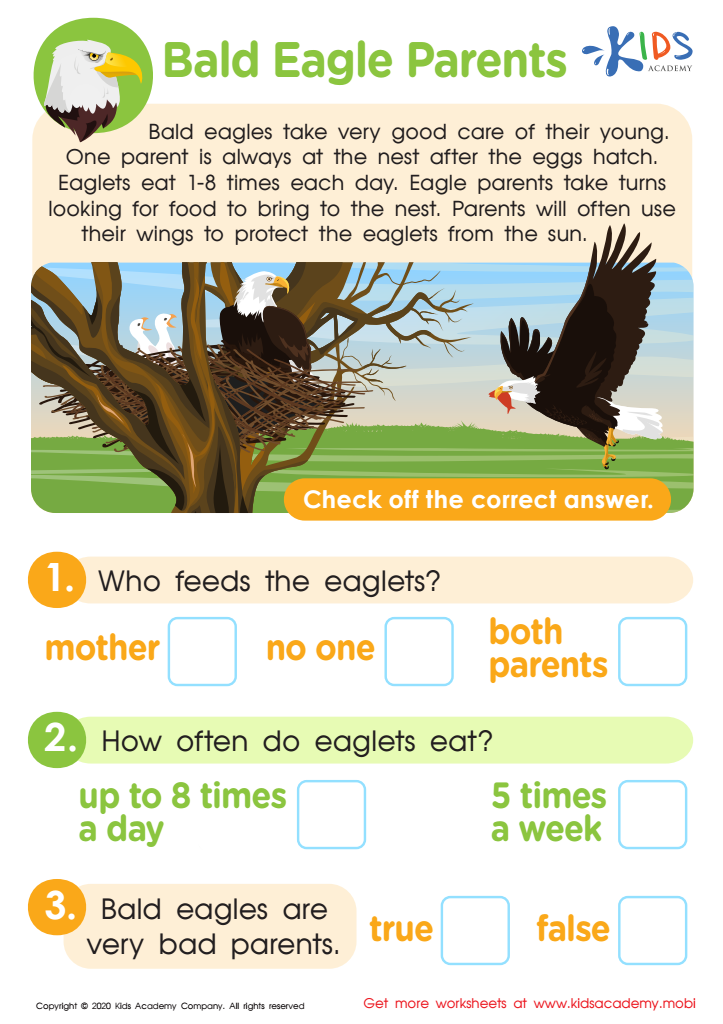

Bald Eagle Parents Worksheet
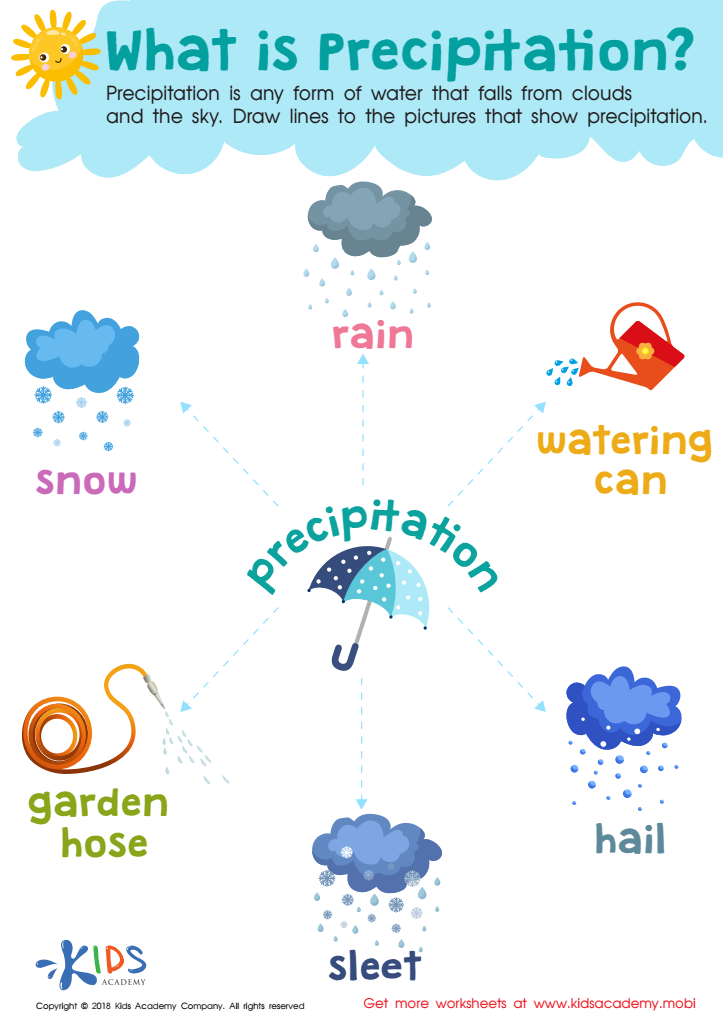

What Is Precipitation? Worksheet
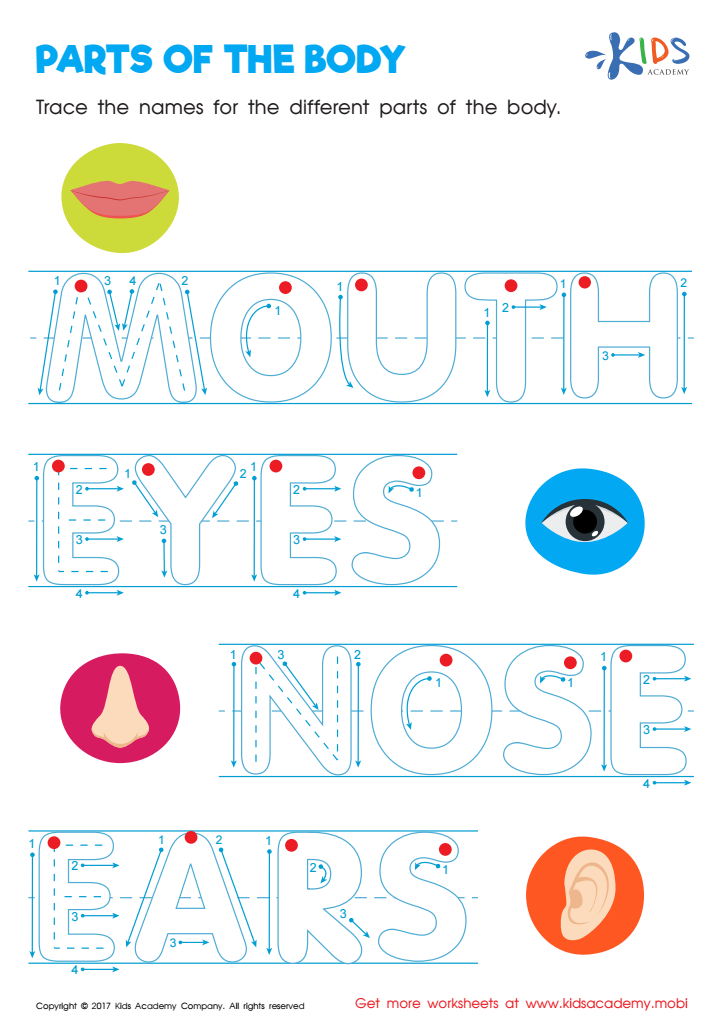

Early childhood vocabulary expansion is crucial for cognitive and academic development, particularly in the realm of science. Vocabulary serves as the foundation for reading comprehension, effective communication, and learning new concepts. Integrating science into vocabulary expansion for children ages 3-7 not only enriches their language skills but also stokes their natural curiosity about the world.
Engaging with scientific vocabulary at an early age fosters a sense of wonder and encourages observational and critical thinking skills. Words like "experiment," "observe," "predict," and names of common animals, plants, and materials help children articulate their thoughts and questions about the natural environment. This dual focus on language and scientific inquiry promotes higher-order thinking and problem-solving abilities.
Additionally, early exposure to scientific terms prepares children for future educational success. As they progress through school, a strong science vocabulary helps children grasp more complex topics with greater ease, reducing frustration and fostering a lifelong love for learning.
For teachers and parents, promoting vocabulary expansion through science activities can be as simple as describing common phenomena, conducting basic experiments, or exploring nature together. By actively nurturing this connection between vocabulary and science, adults equip children with the tools they need for both linguistic proficiency and scientific literacy, laying a solid foundation for their future education.

 Assign to My Students
Assign to My Students


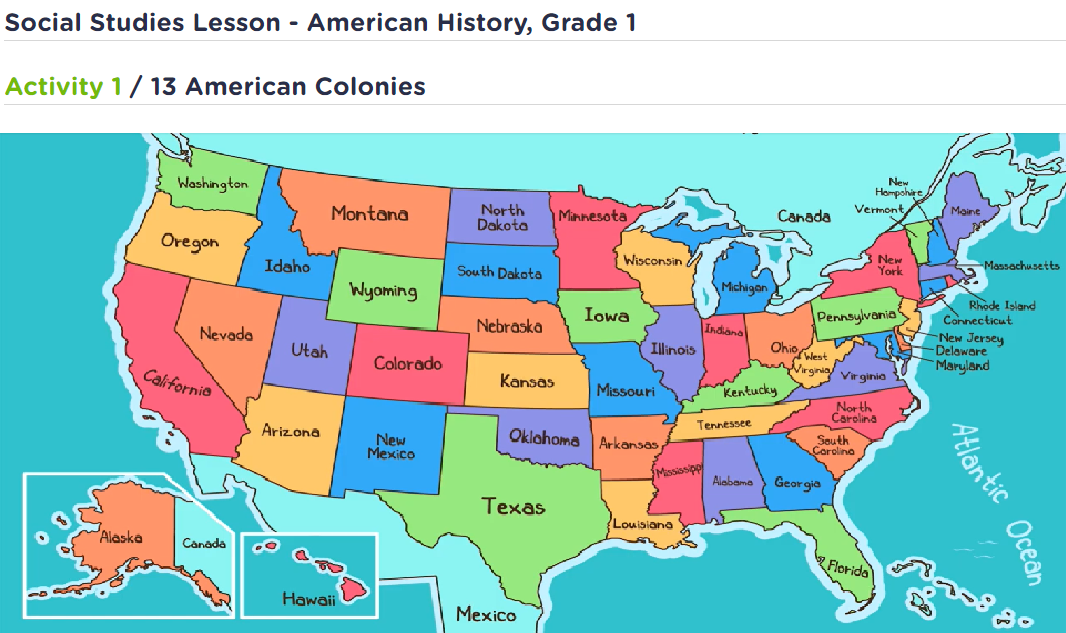

.jpg)
